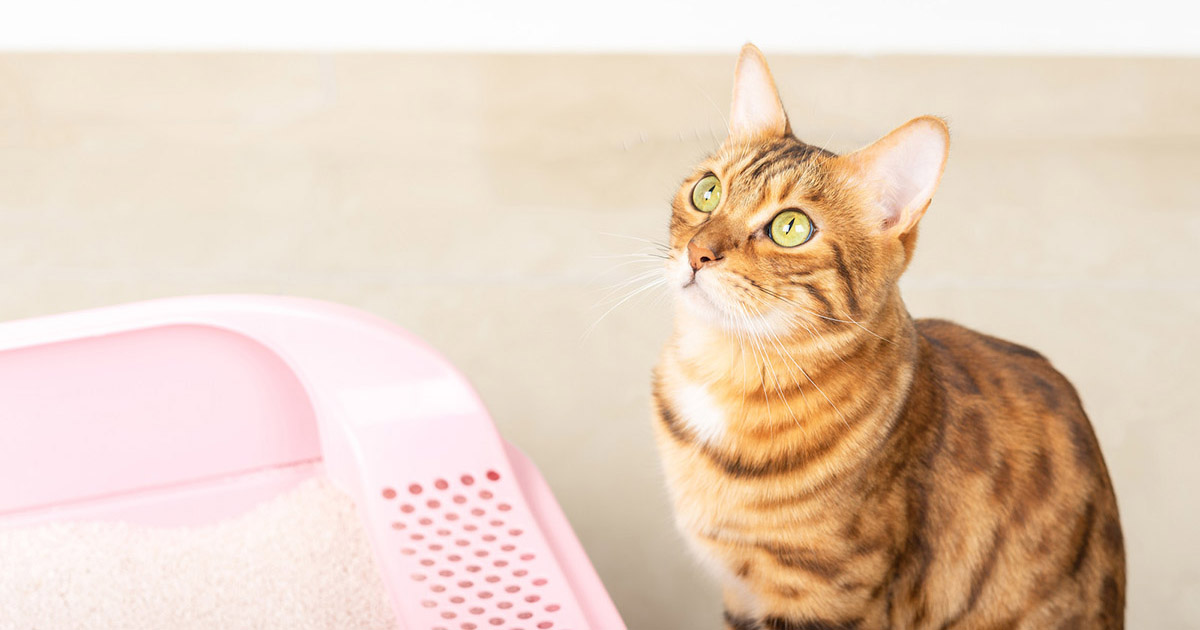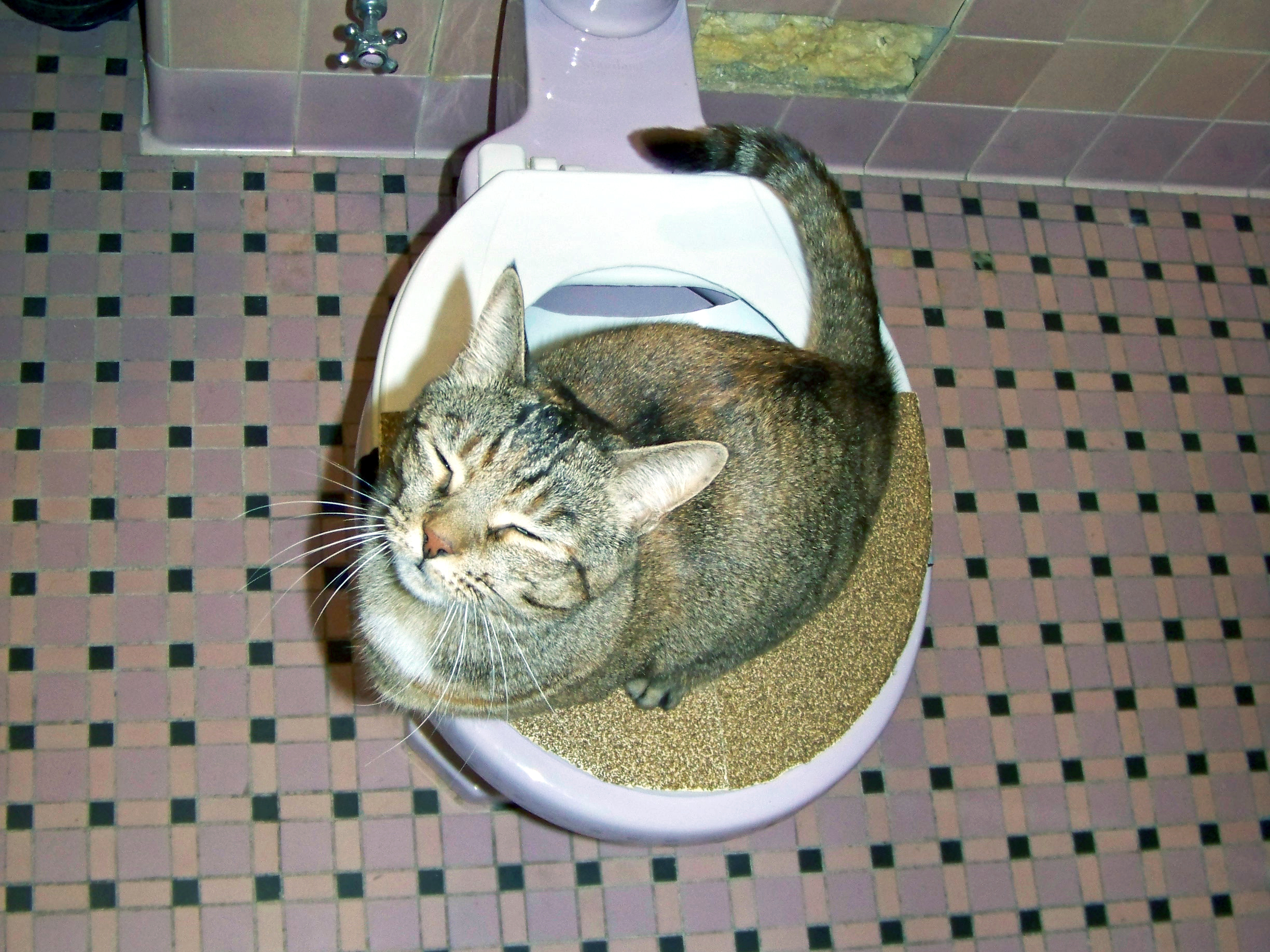Why You Shouldn't Flush Cat Poop Down Your Toilet - Preserve Your Pipe Health
Why You Shouldn't Flush Cat Poop Down Your Toilet - Preserve Your Pipe Health
Blog Article
Listed here down the page yow will discover more reliable content when it comes to Don’t flush cat feces down the toilet.

Intro
As feline proprietors, it's essential to be mindful of exactly how we dispose of our feline pals' waste. While it might appear convenient to flush pet cat poop down the bathroom, this technique can have destructive effects for both the setting and human wellness.
Environmental Impact
Flushing feline poop presents hazardous microorganisms and bloodsuckers into the water system, presenting a significant danger to water environments. These pollutants can adversely affect aquatic life and concession water quality.
Health and wellness Risks
Along with ecological concerns, purging pet cat waste can additionally posture health and wellness risks to people. Feline feces may contain Toxoplasma gondii, a parasite that can cause toxoplasmosis-- a potentially severe health problem, specifically for pregnant women and people with damaged body immune systems.
Alternatives to Flushing
The good news is, there are much safer and extra liable ways to deal with cat poop. Take into consideration the adhering to alternatives:
1. Scoop and Dispose in Trash
One of the most typical approach of getting rid of feline poop is to scoop it into an eco-friendly bag and throw it in the garbage. Make sure to make use of a devoted clutter scoop and dispose of the waste immediately.
2. Usage Biodegradable Litter
Go with naturally degradable pet cat trash made from products such as corn or wheat. These litters are eco-friendly and can be safely thrown away in the trash.
3. Hide in the Yard
If you have a lawn, take into consideration hiding feline waste in an assigned location away from vegetable gardens and water resources. Be sure to dig deep sufficient to avoid contamination of groundwater.
4. Set Up a Pet Waste Disposal System
Buy an animal garbage disposal system specifically developed for cat waste. These systems make use of enzymes to break down the waste, minimizing smell and ecological impact.
Final thought
Liable pet ownership extends past giving food and shelter-- it likewise entails correct waste management. By avoiding purging feline poop down the commode and going with different disposal methods, we can reduce our environmental footprint and shield human health.
Why You Should Never Flush Cat Poop Down the Toilet
A rose by any other name might smell as sweet, but not all poop is created equal. Toilets, and our sewage systems, are designed for human excrement, not animal waste. It might seem like it couldn’t hurt to toss cat feces into the loo, but it’s not a good idea to flush cat poop in the toilet.
First and foremost, assuming your cat uses a litter box, any waste is going to have litter on it. And even the smallest amount of litter can wreak havoc on plumbing.
Over time, small amounts build up, filling up your septic system. Most litter sold today is clumping; it is made from a type of clay that hardens when it gets wet. Ever tried to scrape old clumps from the bottom of a litter box? You know just how cement-hard it can get!
Now imagine just a small clump of that stuck in your pipes. A simple de-clogger like Drano isn’t going to cut it. And that means it’s going to cost you big time to fix it.
Parasitic Contamination
Believe it or not, your healthy kitty may be harboring a nasty parasite. Only cats excrete Toxoplasma in their feces. Yet it rarely causes serious health issues in the cats that are infected. Most people will be fine too if infected. Only pregnant women and people with compromised immune systems are at risk. (If you’ve ever heard how women who are expecting are excused from litter cleaning duty, Toxoplasma is why.)
But other animals may have a problem if infected with the parasite. And human water treatment systems aren’t designed to handle it. As a result, the systems don’t remove the parasite before discharging wastewater into local waterways. Fish, shellfish, and other marine life — otters in particular — are susceptible to toxoplasma. If exposed, most will end up with brain damage and many will die.
Depending on the species of fish, they may end up on someone’s fish hook and, ultimately on someone’s dinner plate. If that someone has a chronic illness, they’re at risk.
Skip the Toilet Training
We know there are folks out there who like to toilet train their cats. And we give them props, it takes a lot of work. But thanks to the toxoplasma, it’s not a good idea.

I came across that blog entry on Don’t flush cat feces down the toilet while doing a search on the web. Sharing is nice. You never know, you may very well be helping someone out. Thanks a lot for your time spent reading it.
Show Details Report this page